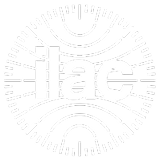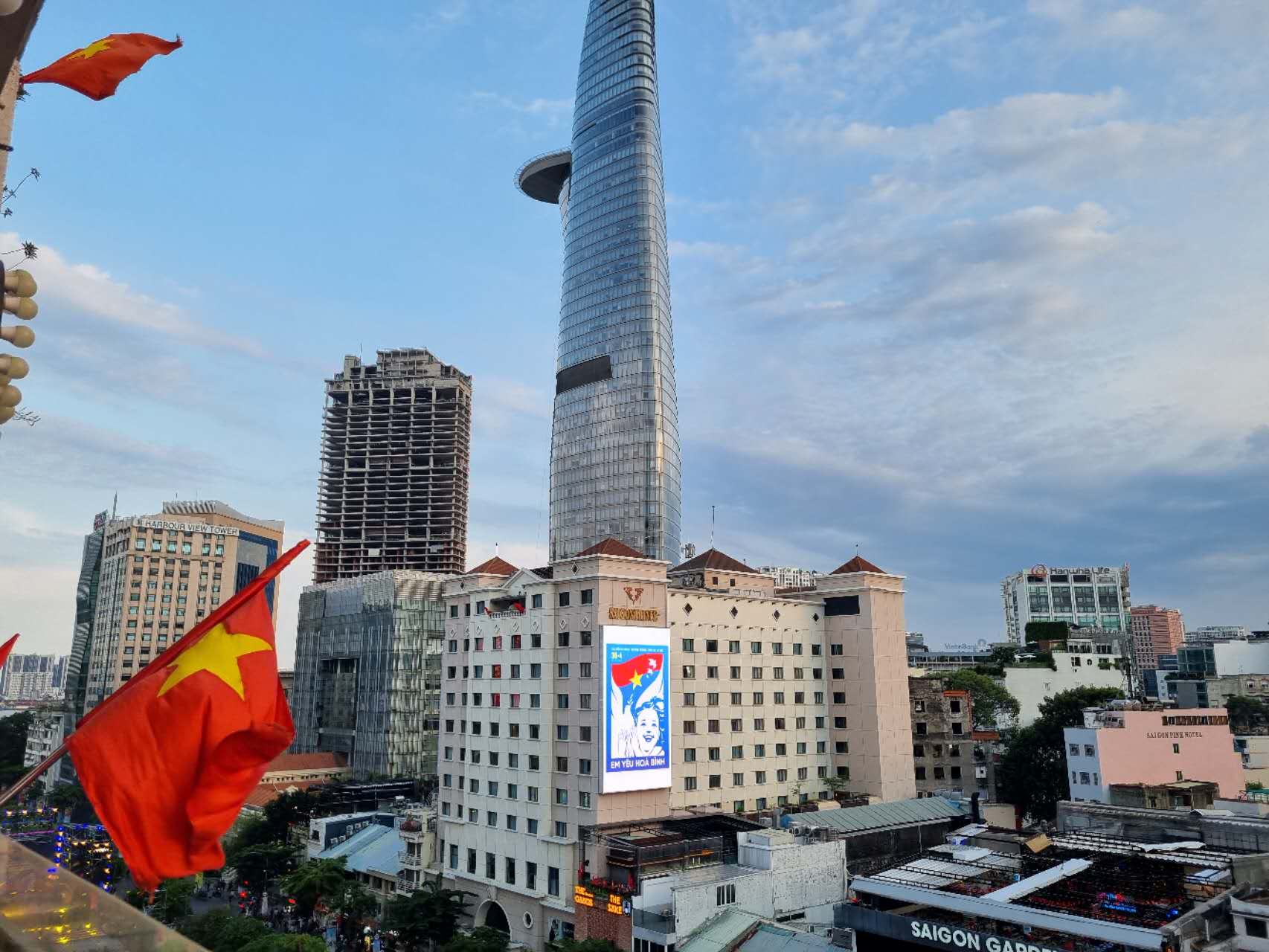Industries & Services
VR Certification
![]()
VR 认证服务 — 越南车辆注册局认证
越南注册局(Vietnam Register, VR) 是隶属于交通部的官方国家机构,负责管理和监督越南境内车辆、运输设备及相关零部件的技术安全、质量与环境保护。VR 对确保所有机动车及其零部件在进入越南市场前符合国家技术与监管标准起着关键作用。
汽车零部件适用法规
| 序号 | 产品 | 法规 |
| 1 | 安全玻璃 | QCVN 32-2017 / BGTVT |
| 2 | 轮胎 | QCVN 34-2017 / BGTVT |
| 3 | 后视镜 | QCVN 33-2011 / BGTVT |
| 4 | 大灯 | QCVN 35-2017/ BGTVT |
| 5 | 合金轮毂 | QCVN 78-2014 / BGTVT |
| 6 | 钢圈车轮 | QCVN 78-2014 / BGTVT |
| 7 | 内饰 | QCVN 53-2013 / BGTVT |
VR 认证的目的
VR 认证确保进口、国产组装或本地生产的车辆符合越南严格的安全、排放及质量标准。此认证对于以下情况是强制性的:
-
车辆及零部件型号认证
-
进口车辆注册
-
本地组装车辆生产许可
-
改装或升级车辆批准
-
环境与排放合规验证
VR 认证流程概览
1. 技术文件审核
-
审核技术规格、设计图纸、合格证明及材料声明文件
2. 样品测试与评估
-
按照越南 QCVN 相关法规进行零部件实验室测试(如灯具、刹车、轮胎、后视镜、安全带等)
-
测试标准通常参考 UNECE、ISO 或 ECE 国际标准
3. 工厂检查(如适用)
-
对生产厂进行现场审核
-
验证生产能力、质量控制流程及样品一致性
4. 型式认证与 VR 档案提交
-
将完整档案提交给 VR,进行最终评估并颁发 VR 型式认证证书
5. 产品标识与 VR 标志
-
经认证的零部件及车辆必须贴有 VR 标志,显示符合相关技术法规与标准
适用产品及类别
VR 认证适用于多种车辆及零部件,包括:
-
乘用车、摩托车、卡车及拖车
-
汽车灯具、轮胎、后视镜及安全玻璃
-
车辆电气电子零部件
-
安全设备(安全带、气囊、制动系统)
-
改装或特殊设计车辆
VR 证书范本:

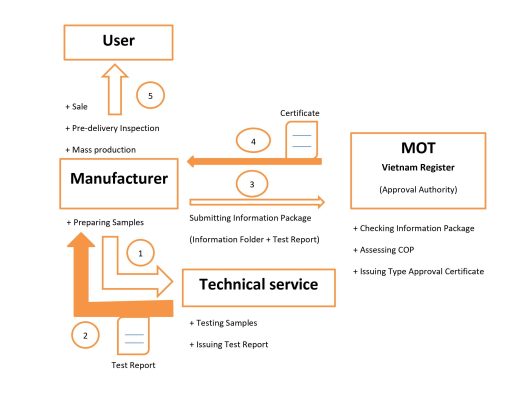
为什么选择 VIS 进行 VR 认证?
作为越南值得信赖的第三方检测和检验服务提供商,VIS 与越南注册局及指定实验室紧密合作,为 VR 认证提供高效、专业的支持:
-
法规咨询及文件指导
-
与认可实验室协调测试
-
协助档案准备及提交
-
提供制造商工厂审核支持
-
确保本地及国际品牌的合规性
无论您是计划将车辆进口至越南的国际品牌,还是寻求本地零部件认证的生产商,VIS 都能确保您的合规流程高效、透明、专业管理。
联系我们
确保您的产品符合越南法律与技术要求。立即联系 VIS,获得从 VR 认证、汽车检测到法规咨询 的全程支持。
